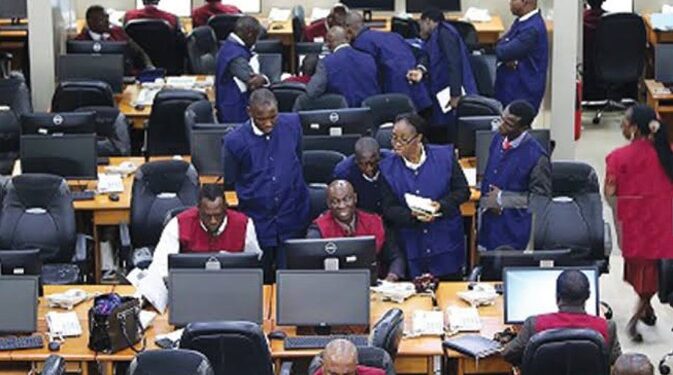The NGX Alternative Securities Market (ASeM) Index demonstrated outstanding performance, recording a remarkable increase of 135.25%, making it the top-performing index in the first half of the year.
Despite the challenges of rising inflation, potential interest rate changes, and fluctuating exchange rates, investor confidence has remained impressively resilient.
This steadfast confidence has led to increased market activity and more vigorous buying engagements.
The NGX Industrial Goods Index also saw significant growth, with a 73.14% YTD increase, closing H1, 2024 at 4,696.04 basis points.
Similarly, the NGX Consumer Goods Index climbed by 41.05% YTD to close on June 28, 2024, at 1,581.55 basis points, while the NGX Oil/Gas Index appreciated by 38.12%, ending the half-year at 1,440.67 basis points.
The year-to-date (YTD) return of the NGX All-Share Index has demonstrated its resilience, registering an impressive 33.81% despite the bearish trends observed in the second quarter of the year.
Nonetheless, the equities market experienced varied performances throughout the first two quarters of 2024, which constituted the first half of the year.
The initial quarter witnessed a remarkable return of 39.84%, fueled by robust company earnings, optimistic dividend declarations, and further driven by the listing of Transcorp Power Plc, a Transcorp Plc subsidiary, on the NGX.
This company introduced 7.5 billion shares at N240.00 each on the Main Board of the Nigerian Exchange (NGX).
The listing of the power generation company significantly increased the NGX’s overall market capitalization by N1.8 trillion, with its shares appreciating by 10% on the inaugural trading day.
Investor sentiment in the market was buoyant during the quarter, partly due to several favorable policies enacted by President Bola Tinubu’s administration, including the elimination of fuel subsidies, the consolidation of exchange rates, and the decision to float the naira.
In contrast, the second quarter saw a downturn, with returns dropping to -4.31% by the end of the last trading day on June 28th.
The significant fall in the index was driven by a series of policy announcements from the Central Bank of Nigeria (CBN), including a notable new recapitalization plan for commercial banks, which aims to secure an estimated N4 trillion in new capital over the coming two years.
This decline was primarily ascribed to the prevailing high-interest rate environment, which has shifted investor focus towards fixed-income securities, thereby exerting a downward force on market performance.











